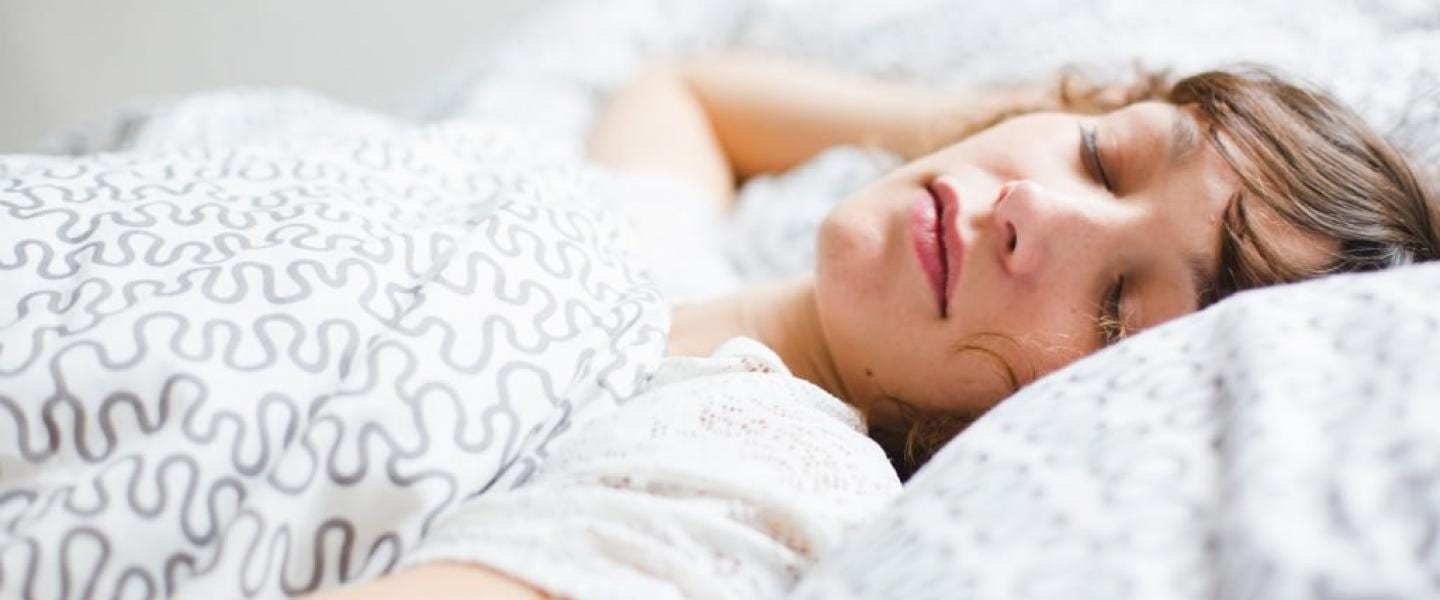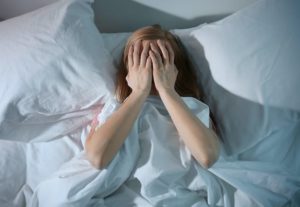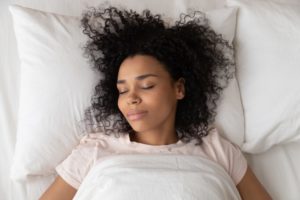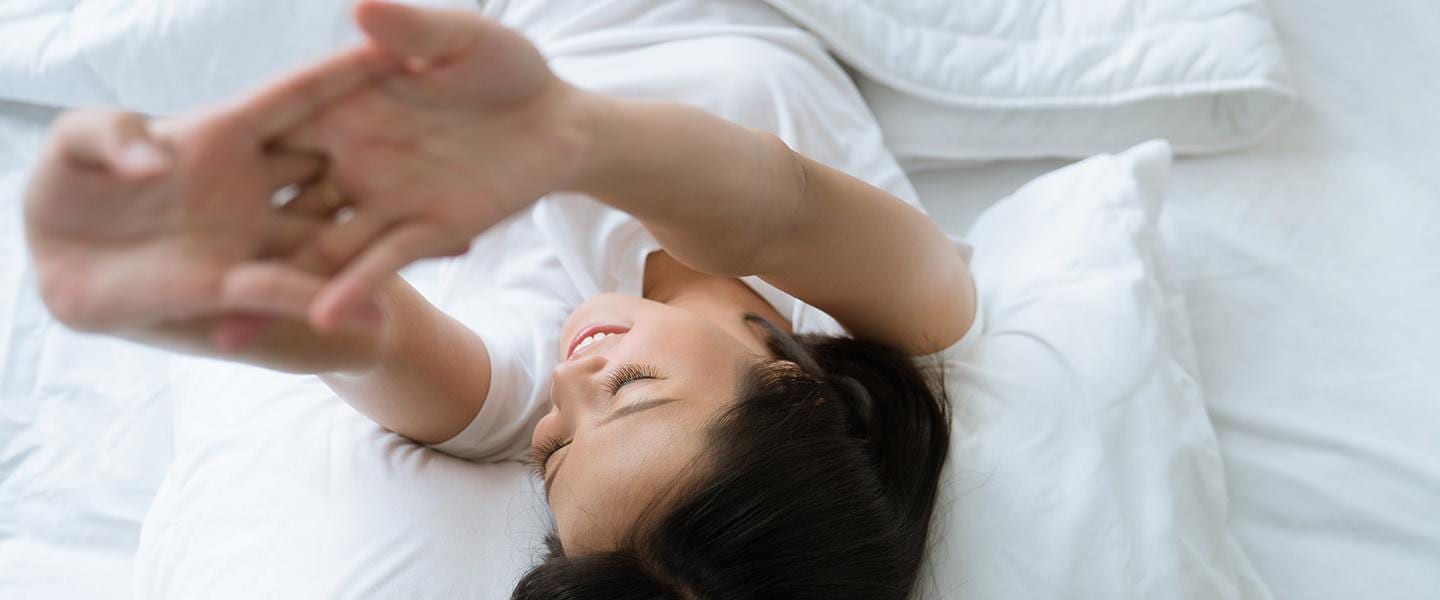How Long Can You Go Without Sleep?
Many people wonder how long someone can go without sleeping. While studies on total sleep deprivation were conducted through the mid-1900s, few studies have been conducted since. This is because it is unethical to ask people to go without sleep for extended periods or to perform experiments that keep people awake for a very long time.
Because sleep is vital for health, experts recommend that adults get at least seven hours of sleep every day. When a person does not get enough sleep, they can become sleep deprived and risk both physical and mental health consequences.
What Happens When You Go Without Sleep?
Sleep deprivation can affect a person’s ability to work, maintain relationships, and function in their day-to-day life. Whether a person skips several nights of sleep or slowly accumulates sleep debt, the effects of sleep deprivation can become increasingly severe over time.
- Daytime sleepiness: Not sleeping enough at night can make a person feel more tired than usual during the day. Excessive sleepiness can negatively affect a person’s quality of life and performance at work. A person who is sleepy during the day may also lapse into microsleeps, which are brief periods of unintentional sleep.
- Health conditions: Chronic sleep deprivation is associated with a variety of health problems , including mood and mental health changes, diabetes, kidney disease, stroke, and heart disease. It can also increase the risk of obesity and metabolic syndrome.
- Reduced immunity: The immune system cannot work efficiently without enough sleep. Over time, not getting enough sleep can make it easier to get sick and more difficult for the body to fight off infections.
“Sleep deprivation is a high interest loan with steep payments in the form of health consequences.”
Dr. Abhinav Singh, Sleep Physician
What You May Experience After 24 Hours Without Sleep
After 24 hours without sleep, the signs of sleep deprivation become increasingly evident. In fact, staying awake for 24 hours causes similar cognitive effects as a blood alcohol concentration of 0.10%, which is higher than the legal limit for driving.
Research suggests that, after 24 hours without sleep, people begin to feel more anxious or agitated . As the number of hours without sleep grows, performance on tasks continues to decline, making people more prone to errors and misinterpret social cues .
After a full night of sleep loss, people may start to notice changes in their visual perception. They may have trouble with depth perception and their ability to accurately perceive an object’s shape and size.
What You May Experience After 36 Hours Without Sleep
After 36 hours without sleep, symptoms of sleep deprivation continue to worsen . A person who has not slept for 36 hours may experience the following symptoms:
- Anger or aggression
- Euphoria
- Difficulty regulating stress and emotions
- Hallucinations
- Confusion
What You May Experience After 48 Hours Without Sleep
Because few studies ask participants to stay awake for long periods, it’s difficult to know what people experience after 48 hours of sleep loss. What is known about this extent of sleep deprivation is based on a limited number of older studies.
Research suggests that hallucinations are likely after 48 hours without sleep. People may begin to have blurry or double vision, which may progress into distortions of reality and hallucinations. After about two days without sleep, hallucinations can incorporate multiple senses and it may become harder to distinguish them from reality.
A person who has not slept in two days may also experience depersonalization and have trouble perceiving time. Depersonalization can make someone feel like they are outside their own body and mind. As a result, they might seem unemotional or careless.

What Happens After 72 or More Hours With No Sleep?
Based on the small number of studies in which participants stayed awake for more than three days, it appears that after 72 hours without sleep, a person may begin to slur their speech or walk unsteadily. Hallucinations become increasingly frequent and complex past this point.
As people near 120 hours without sleep, they may experience a rapid and severe decline in mental health. This may involve symptoms of psychosis, where a person becomes detached from reality with complex delusions and violent behavior.
When to Seek Medical Help
If you regularly have trouble falling asleep or staying asleep, it could be helpful to make an appointment with a health care professional. Medical advice is also important if you notice changes in your mental health. Your doctor can help rule out health conditions that might prevent you from sleeping and suggest further testing if necessary.
How to Get to Sleep
Practicing good sleep habits each day can help you get enough sleep to avoid sleep deprivation. If you find it difficult to fall asleep, try some healthy sleep tips:
- Avoid keeping a TV in your bedroom
- Keep a consistent bedtime and evening routine
- If you need a nap, take one early in the day
- Stay active but avoid exercise close to bedtime
- Spend time outdoors in the sun
- Take time to relax before bed
- Avoid consuming caffeine after the morning

Still have questions? Ask our community!
Join our Sleep Care Community — a trusted hub of product specialists, sleep health professionals, and people just like you. Whether you’re searching for the perfect mattress or need expert sleep advice, we’ve got you covered. Get personalized guidance from the experts who know sleep best.
References
7 Sources
-
Cirelli, C. (2022, October 10). Insufficient sleep: Definition, epidemiology, and adverse outcomes. In R. Benca (Ed.). UpToDate.
https://www.uptodate.com/contents/insufficient-sleep-definition-epidemiology-and-adverse-outcomes -
National Institute for Occupational Safety and Health. (2020, March 21). NIOSH training for nurses on shift work and long work hours. Centers for Disease Control and Prevention.
https://www.cdc.gov/niosh/work-hour-training-for-nurses/longhours/mod3/08.html -
Waters, F., Chiu, V., Atkinson, A., & Blom J. D. (2018). Severe sleep deprivation causes hallucinations and a gradual progression toward psychosis with increasing time awake. Frontiers in Psychiatry, 9, 303.
https://pubmed.ncbi.nlm.nih.gov/30042701/ -
Van der Helm, E., Gujar, N., & Walker, M. P. (2010). Sleep deprivation impairs the accurate recognition of human emotions. Sleep, 33(3), 335-342.
https://pubmed.ncbi.nlm.nih.gov/20337191/ -
Shao, Y., Lei, Y., Wang, L., Zhai, T., Jin, X., Ni, W., Yang, Y., Tan, S., Wen, B., Ye, E., & Yang, Z. (2014). Altered resting-state amygdala functional connectivity after 36 hours of total sleep deprivation. PloS One, 9(11), e112222.
https://pubmed.ncbi.nlm.nih.gov/25372882/ -
Spiegel, D. (2021, March). Depersonalization/derealization disorder. Merck Manual Consumer Version.
https://www.merckmanuals.com/home/mental-health-disorders/dissociative-disorders/depersonalization-derealization-disorder -
A.D.A.M. Medical Encyclopedia. (2022, April 3). Psychosis. MedlinePlus.
https://medlineplus.gov/ency/article/001553.htm










